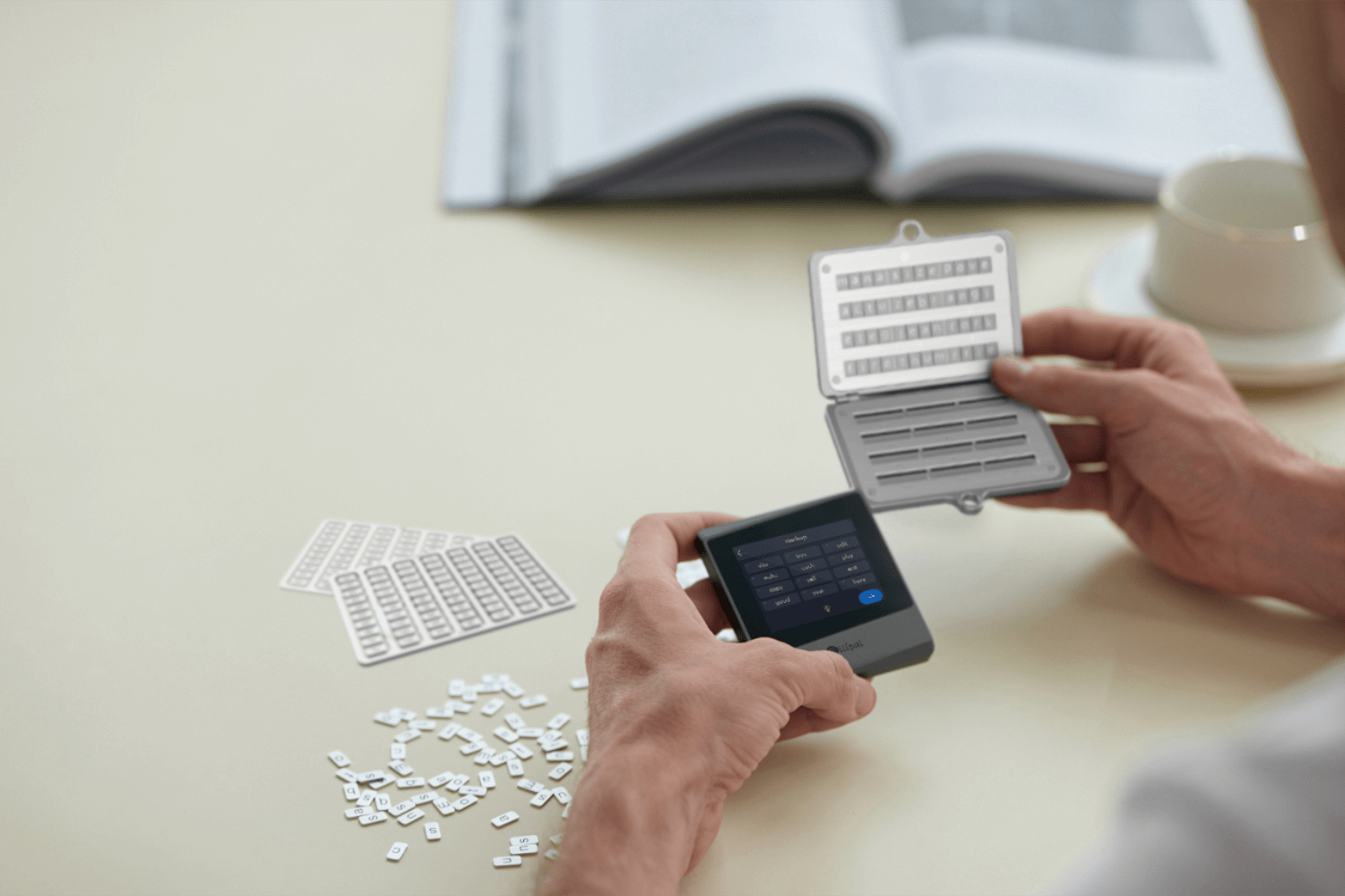Blog Information
- منشور من طرف : Hester Leiva
- نشر على : Aug 02, 2024
- الآراء : 106
- الفئة : تقنية
- وصف : Keeping Your Cryptocurrency Safe: Best Practices for Cold Bitcoin Wallet Storage
نظرة عامة
- Keeping Your Cryptocurrency Safe: Best Practices for Cold Bitcoin Wallet StorageIn this article, we'll explore the many facets of it, including its history, current state, and potential future cold bitcoin wallet.
In the ever-evolving world of cryptocurrency, ensuring the safety of your digital assets is paramount. One of the most secure methods to safeguard your Bitcoin is through the use of a cold bitcoin wallet. But what exactly is a cold bitcoin wallet, and how can you best utilize it to protect your investments?

What is a Cold Bitcoin Wallet?
A cold bitcoin wallet is a type of cryptocurrency wallet that is not connected to the internet. This offline storage method significantly reduces the risk of hacking and unauthorized access. Cold wallets come in various forms, including hardware wallets, paper wallets, and even physical coins.
Types of Cold Bitcoin Wallets
- Hardware Wallets: These are physical devices designed to securely store your private keys offline. Examples include the Ledger Nano S and Trezor.
- Paper Wallets: A paper wallet involves printing your private and public keys on a piece of paper and storing it in a safe place.
- Physical Coins: Some companies offer physical coins embedded with a tamper-proof sticker that conceals a private key.
Why Use a Cold Bitcoin Wallet?
Using a cold bitcoin wallet offers several advantages:
- Enhanced Security: Since cold wallets are offline, they are immune to online threats such as hacking, phishing, and malware.
- Long-Term Storage: Ideal for holding large amounts of Bitcoin for extended periods without frequent transactions.
- Peace of Mind: Knowing that your assets are stored securely offline can provide significant peace of mind.
Best Practices for Cold Bitcoin Wallet Storage
To maximize the security of your cold bitcoin wallet, consider the following best practices:
1. Choose a Reputable Hardware Wallet
When selecting a hardware wallet, opt for reputable brands known for their security features. For instance, the Ledger Nano S is a popular choice among cryptocurrency enthusiasts. It offers robust security measures and user-friendly features.

2. Keep Your Recovery Seed Secure
Your recovery seed is a crucial component of your cold bitcoin wallet. It allows you to restore your wallet in case of loss or damage. Store your recovery seed in a secure, offline location, such as a safe or a safety deposit box.
3. Regularly Update Your Wallet Firmware
Manufacturers frequently release firmware updates to enhance security and add new features. Ensure that your hardware wallet's firmware is always up-to-date to benefit from the latest security improvements.
4. Avoid Sharing Your Private Keys
Your private keys are the gateway to your Bitcoin. Never share them with anyone, and be cautious of phishing attempts that may try to trick you into revealing this sensitive information.
"The security of your cryptocurrency is only as strong as the weakest link in your storage strategy."
Conclusion
In conclusion, a cold bitcoin wallet is an essential tool for anyone serious about securing their cryptocurrency. By understanding the different types of cold wallets and following best practices, you can significantly reduce the risk of losing your valuable digital assets. Remember, the security of your cryptocurrency is only as strong as the weakest link in your storage strategy.
For more information on securing your Bitcoin, check out this video guide.
References
